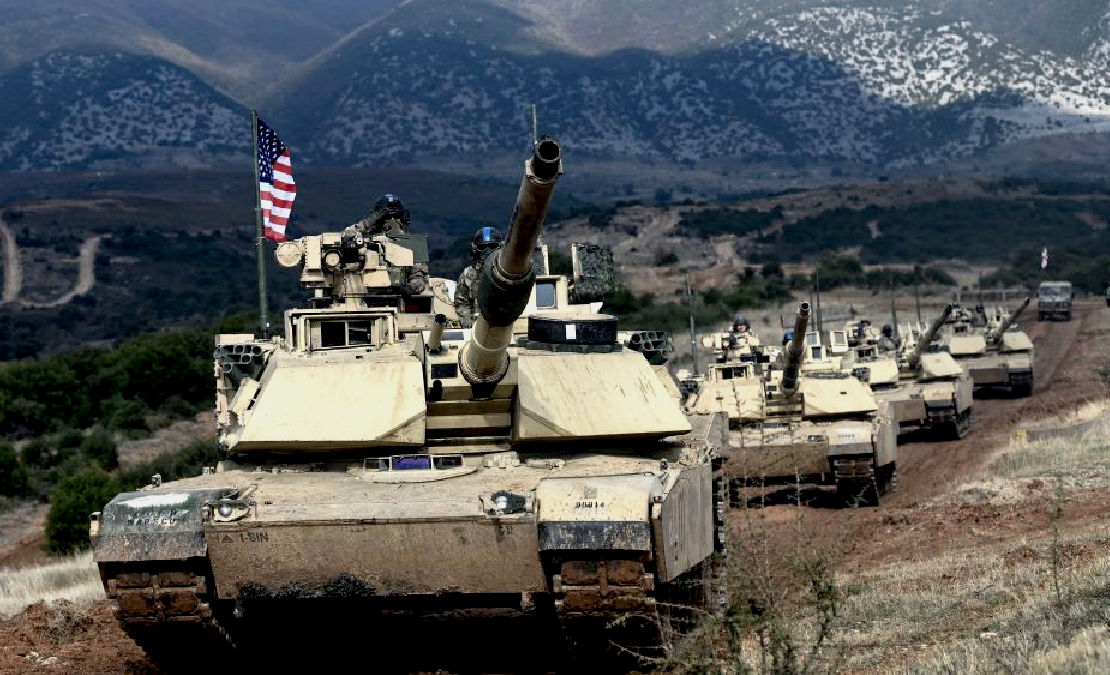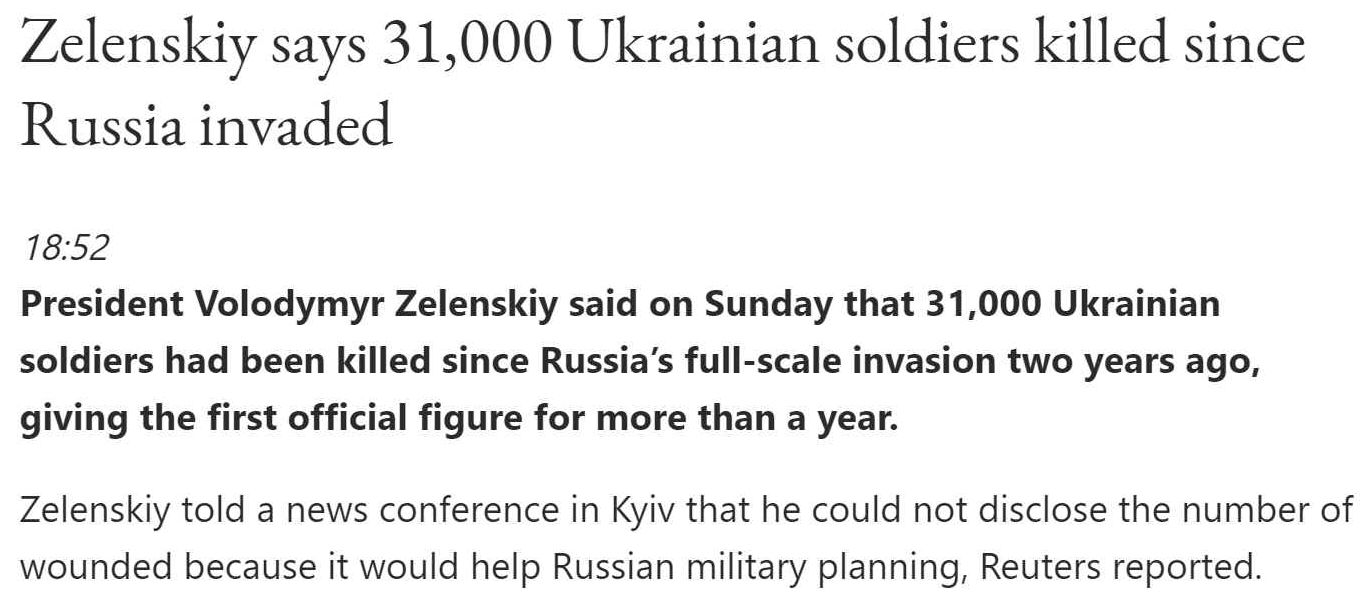It's
nothing new, and is well reported in the media, that Russia's
'Adolf
Hitler,' and his Imperial expansion agenda, may not be directly linked to climate change, though inevitably is
diverting resources away from tackling global
warming. A situation that Vladimir Putin will have been
enjoying, the global temperature rise benefitting Russia's war criminal, in
thawing the cold landscape and freezing permafrost.
For
sure, Europe and the US should have predicted and be wary of
purchasing fossil
fuels from a madman, with a latent world domination
agenda. Having agreed to supply cheap supplies of energy with
China and India, though
Xi Jinping and Narendra
Modi, might fight shy of World War
Three,
they are building nuclear submarines
and space
exploration agenda's along with aggressive
commercial exports. Thus if Russia is weakened by
fighting Ukraine, it would boost their economies. Not least
in the supply of cheaper oil, petroleum and gas. Presumably,
it would not bother them if the US and Russia wiped each
other out, leaving China and India to battle it out with Japan,
Australia and South America.
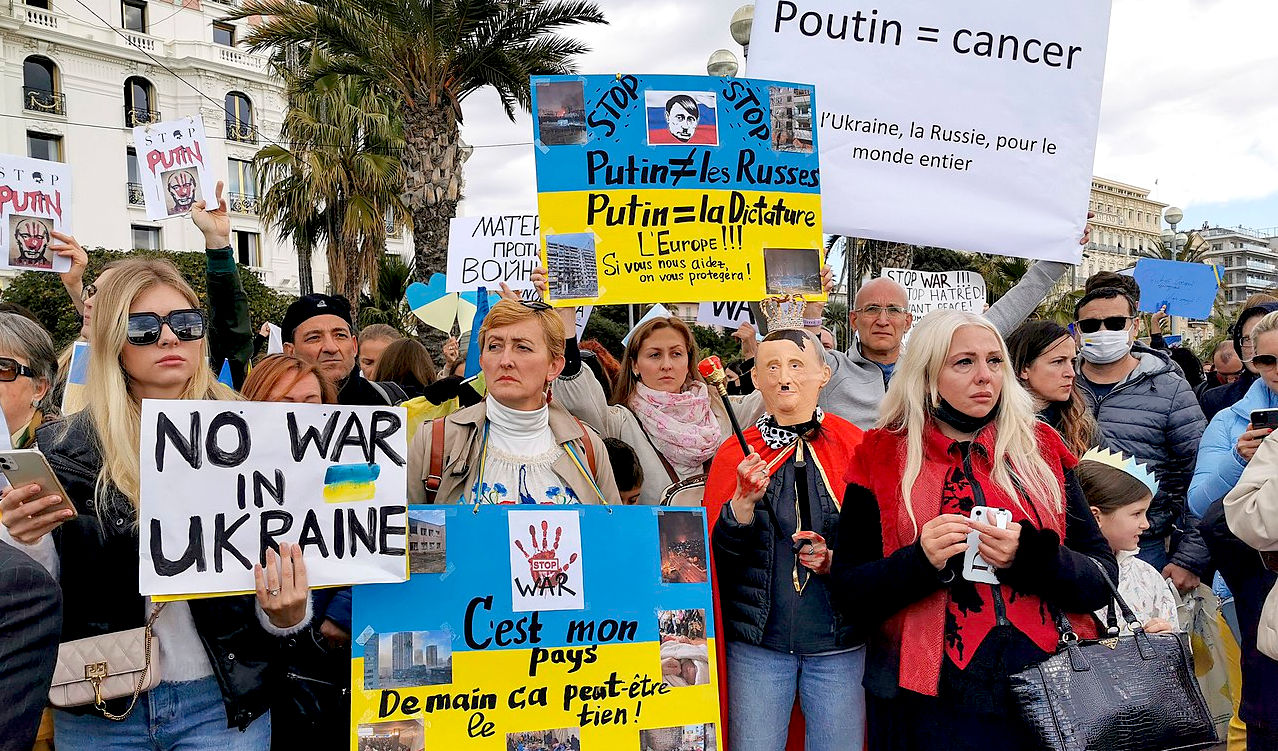
On the subject of
NATO and
climate
change, and how the war between Russia and Ukraine may be affecting
climate
change, as in escalating
global
warming. Here are some key points to consider.
We should consider some background information on
the current conflict between Russia and Ukraine, and its implications
for regional and global security, and the part of NATO in addressing
environmental challenges and climate
change, as well as the recent
Climate Change and Security Action Plan adopted by NATO Allies [1].
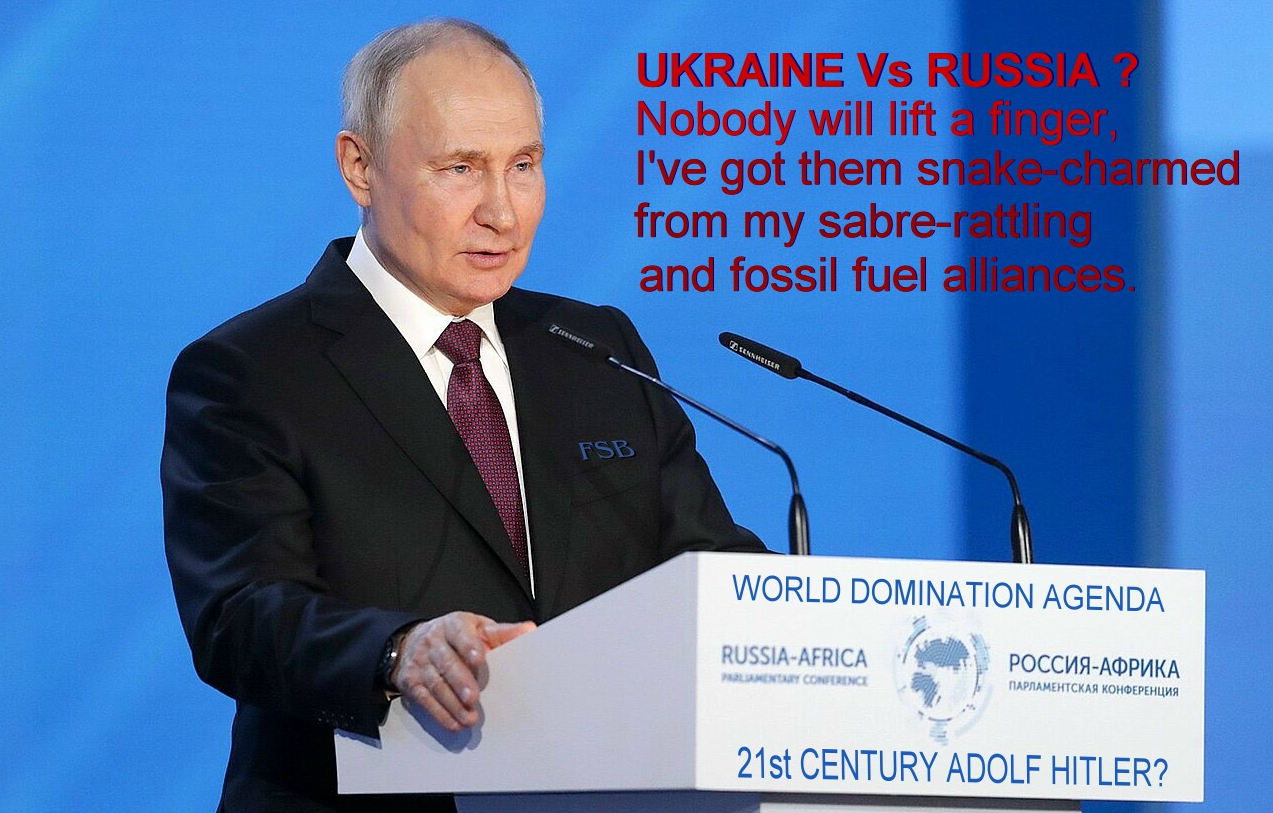
It
takes a lot of pot warming to walk into another country, so
that nobody lifts a finger. Having done it once with Crimea,
and after cajoling all the usual political allies, blinding
them with reliance on cheap fossil fuels, and how powerful
the former USSR is, with plenty of military displays and
much talk of nuclear dominance. One might imagine from
Hitler's example in Europe, with Blitzkrieg tactics, that
Putin believed Ukraine was a Cakewalk.
The International Criminal Court
(ICC), located in the Hague, is the court that prosecutes individuals for war crimes, crimes against humanity, and genocide.
As of March 6, 2024, the ICC has issued arrest warrants for two individuals in connection with the situation in
Ukraine. Vladimir Putin is accused of the war crime of unlawful deportation of children from occupied Ukrainian territories. Maria Alekseyevna
Lvova-Belova: is also accused of the responsibility for the same war crime.
It's important to note that having an arrest warrant issued doesn't equate to being declared a war criminal, it is simply an allegation. A trial would be needed to determine
guilt, and if found guilty, would then be a convicted war
criminal.
The
environmental impact of Russia’s invasion of Ukraine
has targeted Ukraine’s energy system, starting in
October 2022, has been particularly damaging to the country’s greenhouse
gas emissions,
forest
fires, oil depots, gas power plants, and renewable energy sources. You can
imagine the estimates of the first year of war’s carbon footprint in the region.
The geopolitical implications of Russia’s aggression for climate
action, the invasion of Ukraine may undermine the international cooperation and trust needed to address
climate change
effectively.
Many have compared Putin’s actions with those of
Hitler, who also used historical disquisitions and nationalist rhetoric
to justify his expansionist ambitions,
despite the efforts of the United
Nations and the Universal Declaration of Human
Rights,
that was designed by the parties to prevent such aggressions,
and a similar scenario from happening again. But here we are
again, with Putin just waiting for the right moment to take advantage
of the West's apparent weaknesses, having built up a
suitable stash of cash and arms, to wage his expansionist
plans, almost exactly as Adolf
Hitler, leading up to World
War Two.
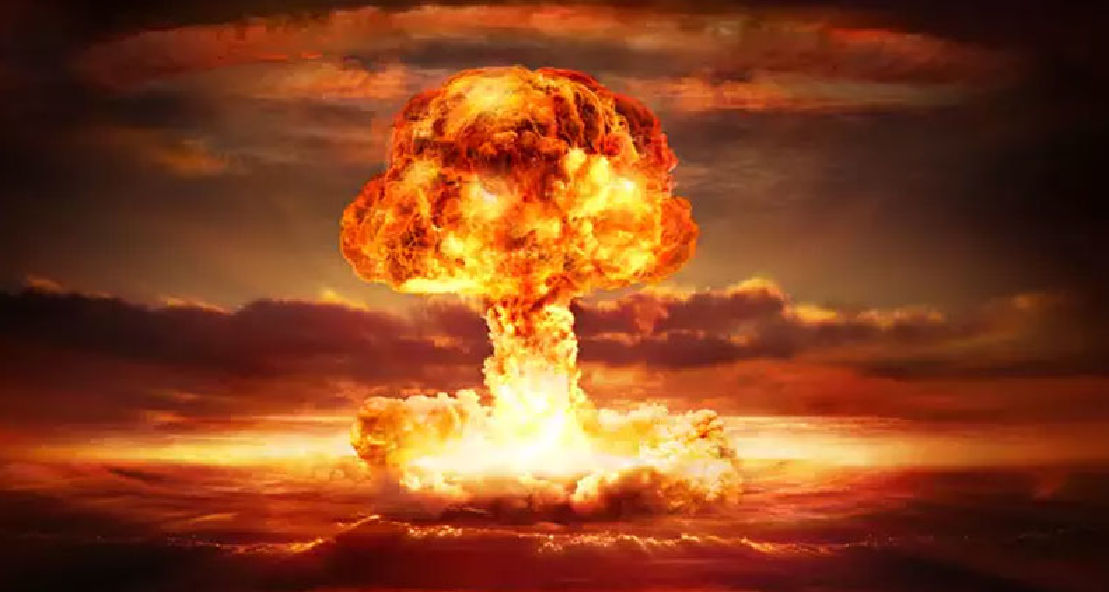
We
can thus imagine a World
War Three scenario, unless the Imperialist dictator is
stopped dead in his tracks. The problem being how to do that
without the Russian loon, from pushing the nuke button.
Clearly, his age is one trigger, lest his career dream elude him
completely as he succumbs to old age. Where he cannot be
sure his successors will be so foolhardy in the modern
internet age, knowing the Russian population
are more enlightened. And voting might actually count one
day.
Especially concerning international issues such a warming of
the planet, biological diversity and plastic pollution;
poisoning our fish stocks.
The
problem being that Vladimir Putin is a relic of the Cold
War. It appears that he cannot get his head out of that
particular cloud. Taking lessons directly from Adolf
Hitler's pocket book on world domination. On that score,
Vladimir Putin is not even original, as you might agree on
reflection of the Führer's approach.
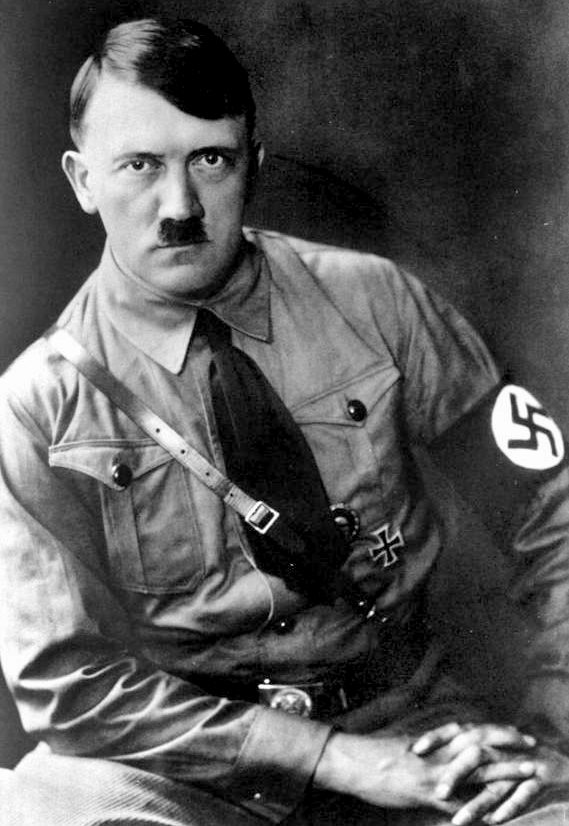
Adolf
Hitler fought in the First World
War, then took advantage of
the utter carnage of a depression, to promise the German
people the earth. There is no doubting his skills as a
master orator.
On
30 January 1939, Nazi German dictator Adolf Hitler gave a speech in the
Kroll Opera House to the Reichstag delegates, which is best known for
the prediction he made that "the annihilation of the Jewish race in
Europe" would ensue if another world war were to occur.
Nazi propaganda minister Joseph Goebbels helped
write the speech, which was delivered on the sixth anniversary of
Hitler's seizure of power in 1933. The speech lasted two or
two-and-a-half hours. It dealt with both the foreign and domestic
policies of the Nazi government.
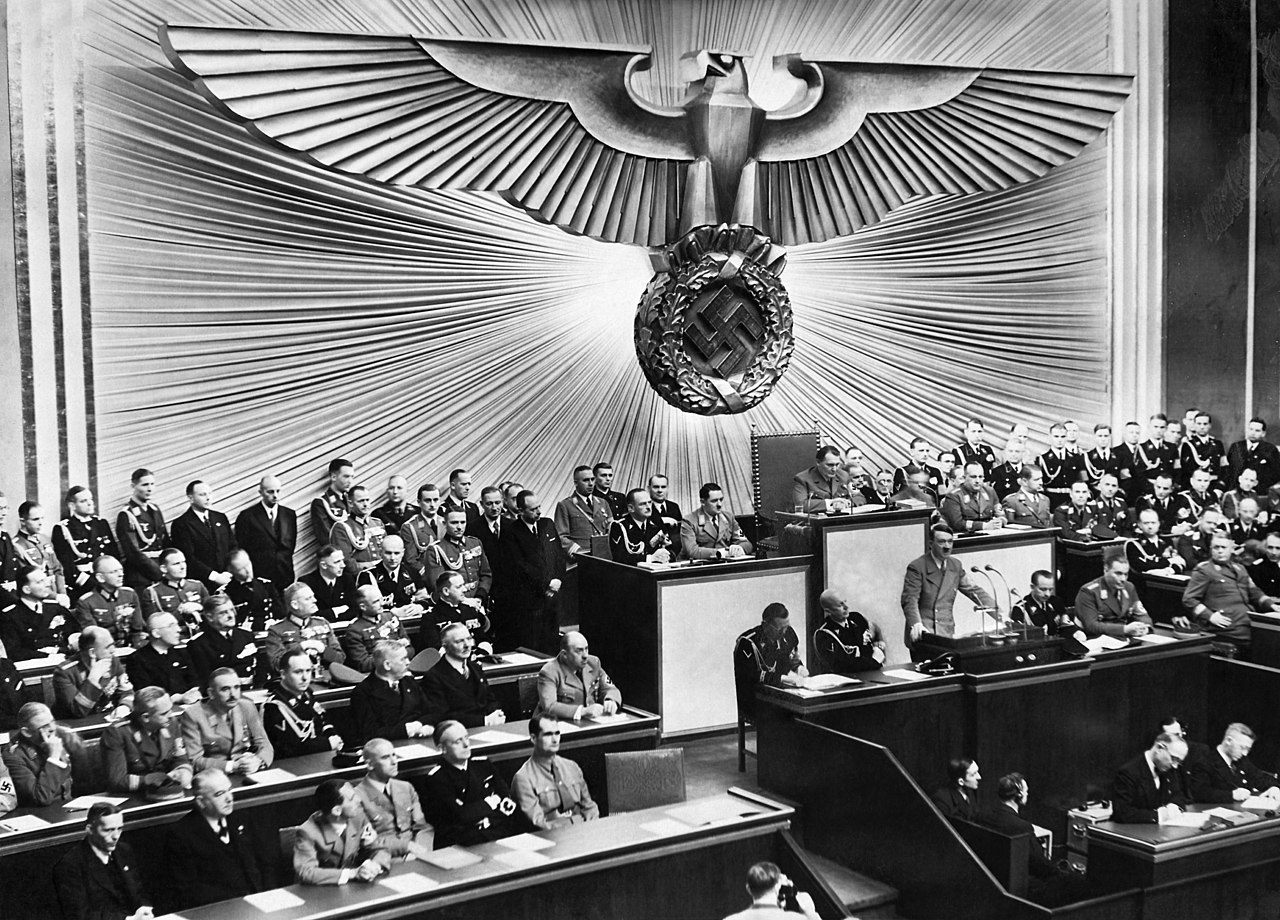
Hitler
accused Jews of having "nothing of their own, except for political and
sanitary diseases" and being parasites on the German nation, turning
Germans into "beggars in their own country". He asserted there had to be
an end to the misconception that "the good Lord had meant the Jewish
nation to live off the body and productive work of other nations", or
else the Jews would "succumb to a crisis of unimaginable severity".
Hitler claimed that the Jews were trying to incite "millions among the
masses of people into a conflict that is utterly senseless for them and
serves only Jewish interests". Hitler then arrived at his main point:
"I have very often in my lifetime been a
prophet and have been mostly derided. At the time of my struggle for
power it was in the first instance the Jewish people who only greeted
with laughter my prophecies that I would someday take over the
leadership of the state and of the entire people of Germany and then,
among other things, also bring the Jewish problem to its solution. I
believe that this hollow laughter of Jewry in Germany has already stuck
in its throat. I want today to be a prophet again: if international
finance Jewry inside and outside Europe should succeed in plunging the
nations once more into a world war, the result will be not the
Bolshevization of the earth and thereby the victory of Jewry, but the
annihilation of the Jewish race in Europe."
Today, a speech like this would be illegal. Inciting racial prejudice and hatred. He would be arrested, tried and imprisoned.
With all the build up, and wealth creation in rearming Germany, and with the help of the Gestapo, few would stand
up to be counted, for fear of being eliminated, sometimes permanently.
ADOLF
HITLER
Founder and leader of the Nazi Party, Reich Chancellor and guiding spirit of the
Third Reich
(New World Order) from 1933 to 1945, Head of State
and Supreme Commander of the Armed Forces, Adolf Hitler was born in
Braunau am Inn, Austria,
on 20 April 1889. The son of a fifty-two-year-old Austrian customs
official, Alois Schickelgruber Hitler, and his third wife, a young
peasant girl, Klara Poelzl, both from the backwoods of lower
Austria.
The
young Hitler was a resentful, discontented child. Moody, lazy, of
unstable temperament, he was deeply hostile towards his strict,
authoritarian father and strongly attached to his indulgent,
hard-working mother, whose death from
cancer in December 1908 was a shattering blow to the adolescent Hitler.
Hitler's saber-rattling tactics bludgeoned the
British and French into the humiliating Munich agreement of 1938 and the
eventual dismantlement of the Czechoslovakian State in March 1939. The
concentration
camps, the Nuremberg racial laws against the
Jews, the persecution of the churches and
political dissidents were forgotten by many Germans in the euphoria of
Hitler's territorial expansion and bloodless victories. The next
designated target for Hitler's ambitions was Poland (her independence
guaranteed by Britain and France) and, to avoid a two-front war, the
Nazi dictator signed a pact of friendship and non-aggression with Soviet Russia. On 1 September 1939 German armies invaded Poland and henceforth his main energies were devoted to the conduct of a war he had unleashed to dominate
Europe and secure Germany's "living space."
The first phase of World War II was dominated by
German Blitzkrieg tactics: sudden shock attacks against airfields,
communications, military installations, using fast mobile armor and
infantry to follow up on the first wave of bomber and fighter aircraft. Poland was overrun in less than one month, Denmark and
Norway in two months, Holland, Belgium, Luxemburg and
France in six weeks. After the fall of France in June 1940 only Great Britain stood firm.
Leading to the Battle of Britain.
The Battle of Britain, is where the Royal Air Force prevented the
Luftwaffe from securing aerial control over the
English
Channel. This was Hitler's first 'setback,' causing the planned invasion of the British Isles to be postponed.
The
'setback' for Vladimir
Putin, was the fighting spirit of the
Ukraine, at last supported by the EU and USA, where he
simply walked in Crimea, unopposed. Indeed, Putin's saber-rattling,
nuclear
rhetoric, and military displays of power (marches) have
failed. The Ukraine has a leader with gusto, the size of a
brass space-hopper.
Depending
on his mood swings and level or perceived desperation, the 'Red Peril' may finally punch the nuclear bag. We imagine this
threat is real, spoken of many times as a threat in case
Russia starts losing ground seriously, politically and
geographically. Meaning that everyone, all over the world
should not be shocked if it happens, and should be preparing
for the worst case scenario. Mainly, to ensure survival in
sufficient numbers to be able to stage a comeback. Not to
waste that opportunity, should the indescribable be forced
upon us.
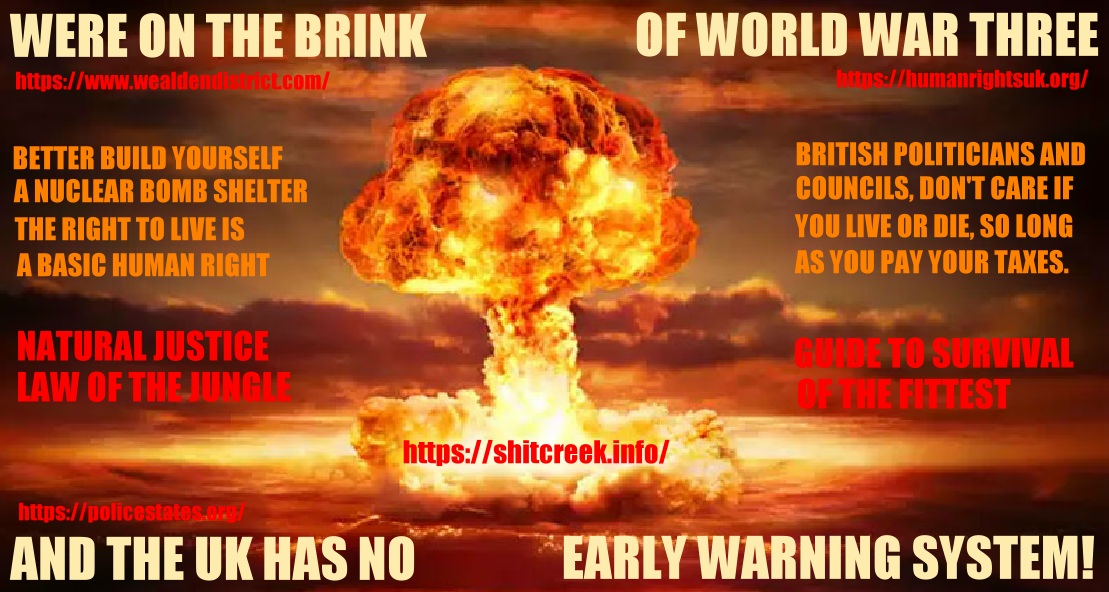
Take
a leaf out of the Hiroshima and Nagasaki
bombs, that effectively ended WW2. If Putin is rash enough
to unleash thermonuclear hell, the West should take that
opportunity to completely neutralize the Russian threat, so
sending a clear message to potentially fanatical adversaries
like Iran and North Korea. No matter what the cost. It will
be cheaper for planet
earth in the long run.
Indeed,
as allies of Russia, Iran and North Korea may care to enjoin. Giving the
remainder of the developed world, NATO allies and even UK
allies who are not members of NATO, the opportunity to
obliterate those threats. From which (relatively) clean
slate, the world, as Nations
United, might rebuild from a more stable starting point.
Barren, but stable; a clean canvas. Unthinkable that such a confrontation represents, every
cloud has a silver lining. Leaving only China and India, to
come to terms with. Who may then see reason, in curtailing
their present nuclear ambitions. Not least because the cheap
coal, gas and oil will have evaporated. Putting their
economies into a nose dive, save for rice, tea and spices as
exports. But when? When will the land be washed sufficiently
to farm, and how many farmers will be able bodied enough to
tend the crops?
Fingers
crossed, the world will not be too polluted, and that any
nuclear winter might be survivable. Though this goes against
all that the Cleaner Ocean Foundation stands
for, in the
real world, one should be prepared. In the words of Sir
Winston Churchill: "Speak softly, but carry a
big stick."
What
is clear, is that any nation treading a similar path to Adolf
Hitler, will eventually come up against some serious
competition for survival. In any nuclear conflict, cannibalism
will be rife. Pork
pie anyone?
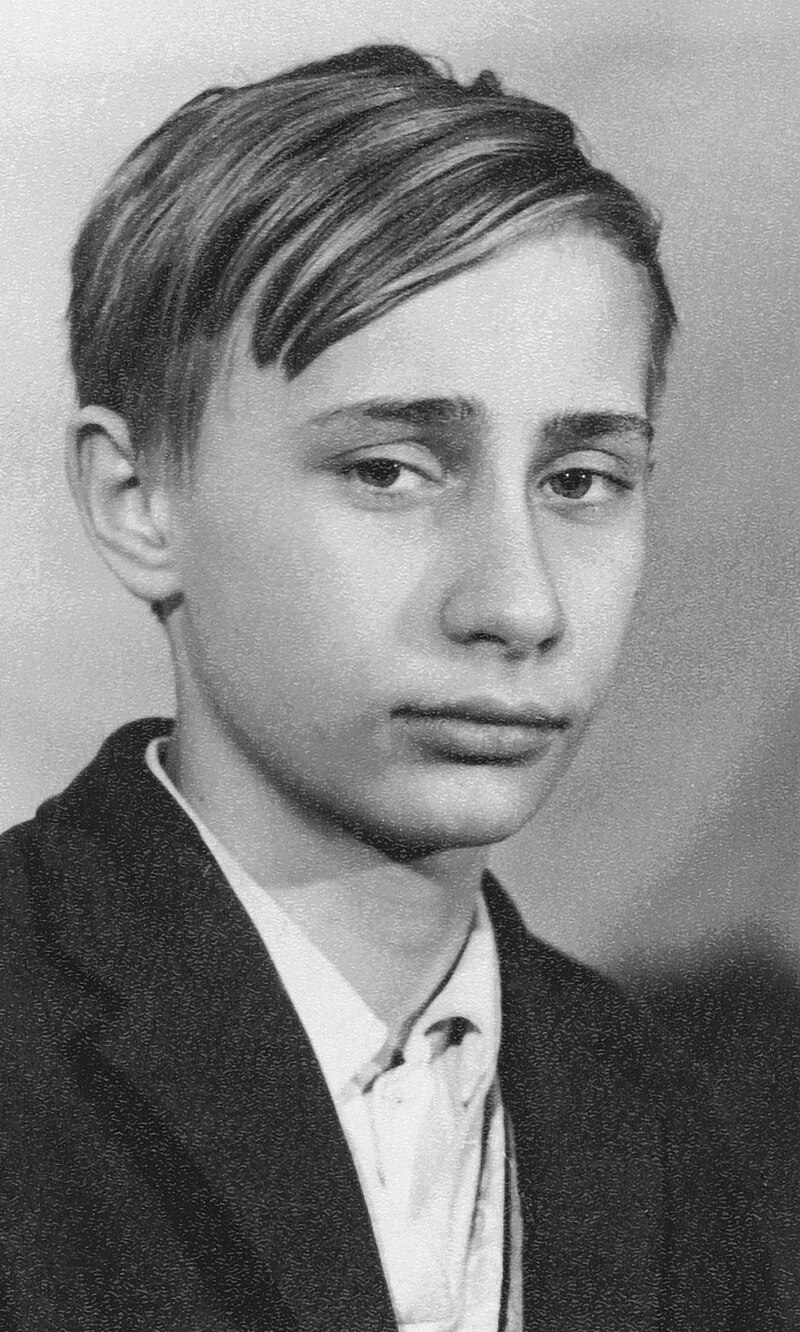
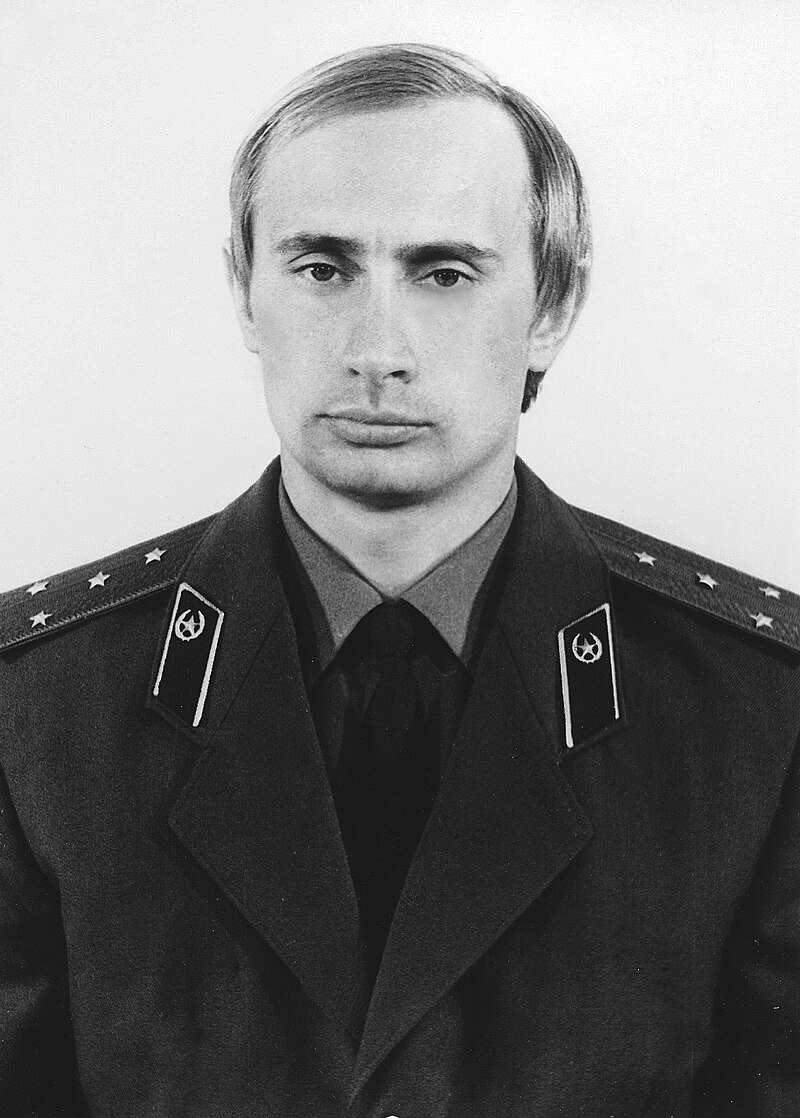
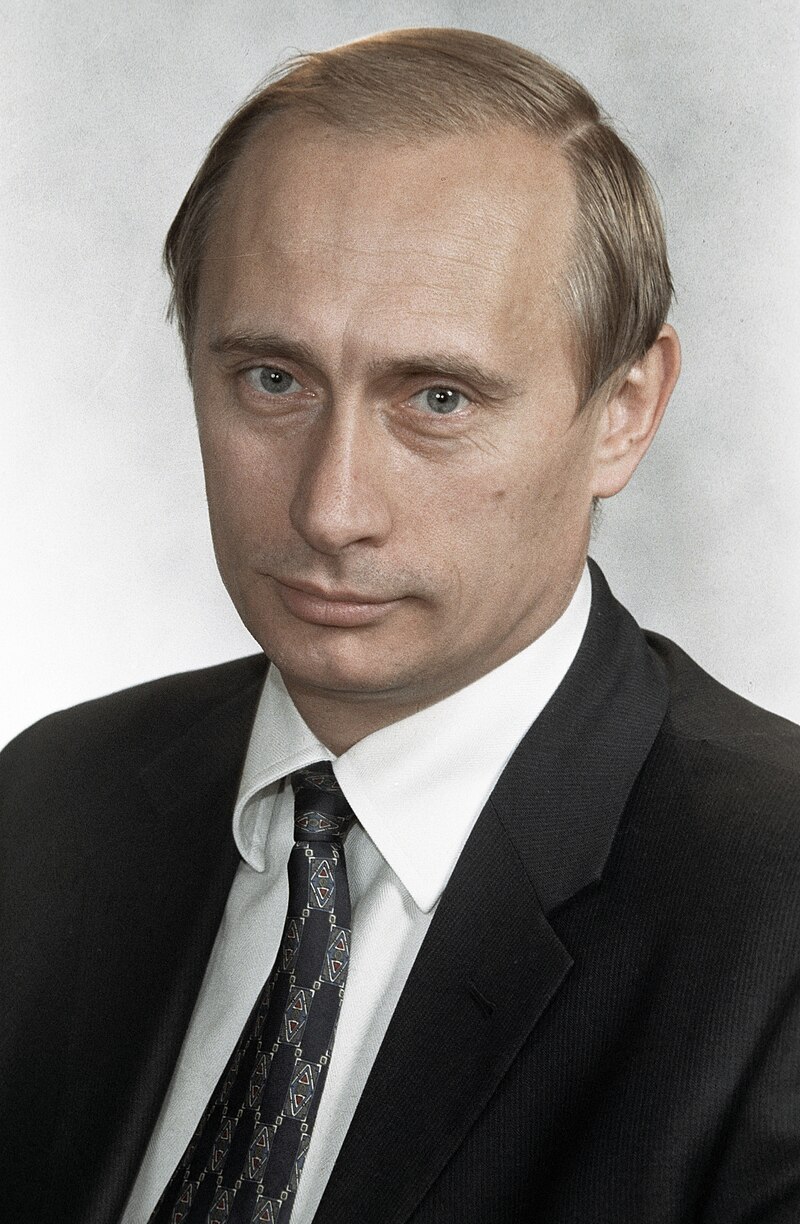
Portrait
of a war criminal, trained by Russian's secret service,
where their job constituted an apprenticeship for what was
to come, the mass murder of Ukrainian citizens, as a
butchering psychopath. Vladimir Putin is pictured above as a
child, and then clawing his way up the power ladder as a
KGB officer, with who knows how many assassinations ordered
by his then superiors, or himself, along the way, as he developed a
circle of alliances based on fear. The KGB being the right
training ground for political success, for those ruthless
enough to quash opposition the old fashioned way. Much as
with Adolf Hitler and his Gestapo. That is why it is
dangerous to keep anyone in any position of power for too long.
Change is essential to prevent cozy relationships developing
into a full blown dictatorship. And that means free
elections is a true democracy, with complete transparency. The only exceptions to this
rule, being a few very well balanced individuals, who don't
have an axe to grind, and respect geographical boundaries.
Holding life to be precious, and human rights sacrosanct.
The
KGB was a military service governed by army laws and regulations, in
the same fashion as the Soviet Army or the MVD Internal Troops. While
most of the KGB archives remain classified, two online documentary
sources are available. Its main functions were foreign intelligence,
counter-intelligence, operative-investigative activities, guarding the
state border of the USSR, guarding the leadership of the Central
Committee of the Communist Party and the Soviet Government, organization
and security of government communications as well as combating
nationalist, dissident, religious and anti-Soviet activities. On 3
December 1991, the KGB was officially dissolved. It was later succeeded
in Russia by the Foreign Intelligence Service (SVR) and what would later
become the Federal Security Service (FSB). After becoming president,
Vladimir Putin launched a major reorganization of the FSB. First, the
FSB was placed under direct control of the President by a decree issued
on 17 May 2000.
SURVIVING
A NUCLEAR HOLOCAUST
While
the threat of nuclear war is a critical concern, it's important to
understand that preventing nuclear conflict is paramount, the exception being
when fired upon, thus a retaliatory second strike and up to
date defence system is essential.
A
nuclear winter
is a hypothetical scenario with devastating consequences, and preparing
for it can only offer limited and uncertain benefits in the face of an
event that must first be actively prevented through diplomacy and global
cooperation, if at all possible.
However, if the unthinkable were to happen, it's
crucial to note that there is no guaranteed way to survive a nuclear
winter. There are no grants for bunkers or stocks of food.
The severity of its impact would depend on numerous factors,
including the scale of the nuclear exchange and the prevailing
environmental conditions.
If Iran and North Korea don't turn chicken, the thermonuclear fallout will be expansive, potentially all
encompassing. Meaning longer in bunkers, on stored foods and H2O.
That the ordinary citizen cannot afford. And the armed
forces have not provided or stocked for sufficient after
event combat. Presumably, if an aggressor is nutty enough to
push the red button, they will have a follow up invasion
plan.
Here are some general precautions that might be considered if such a catastrophic event were to occur:
Immediate Shelter:
1. Seek immediate shelter in a subterranean location like a basement, underground bunker, or subway station. These
offer some protection from the initial blast, heat, and radiation.
2. Remain indoors for at least 24-48 hours as this allows
radioactive fallout to settle, significantly reducing its immediate threat.
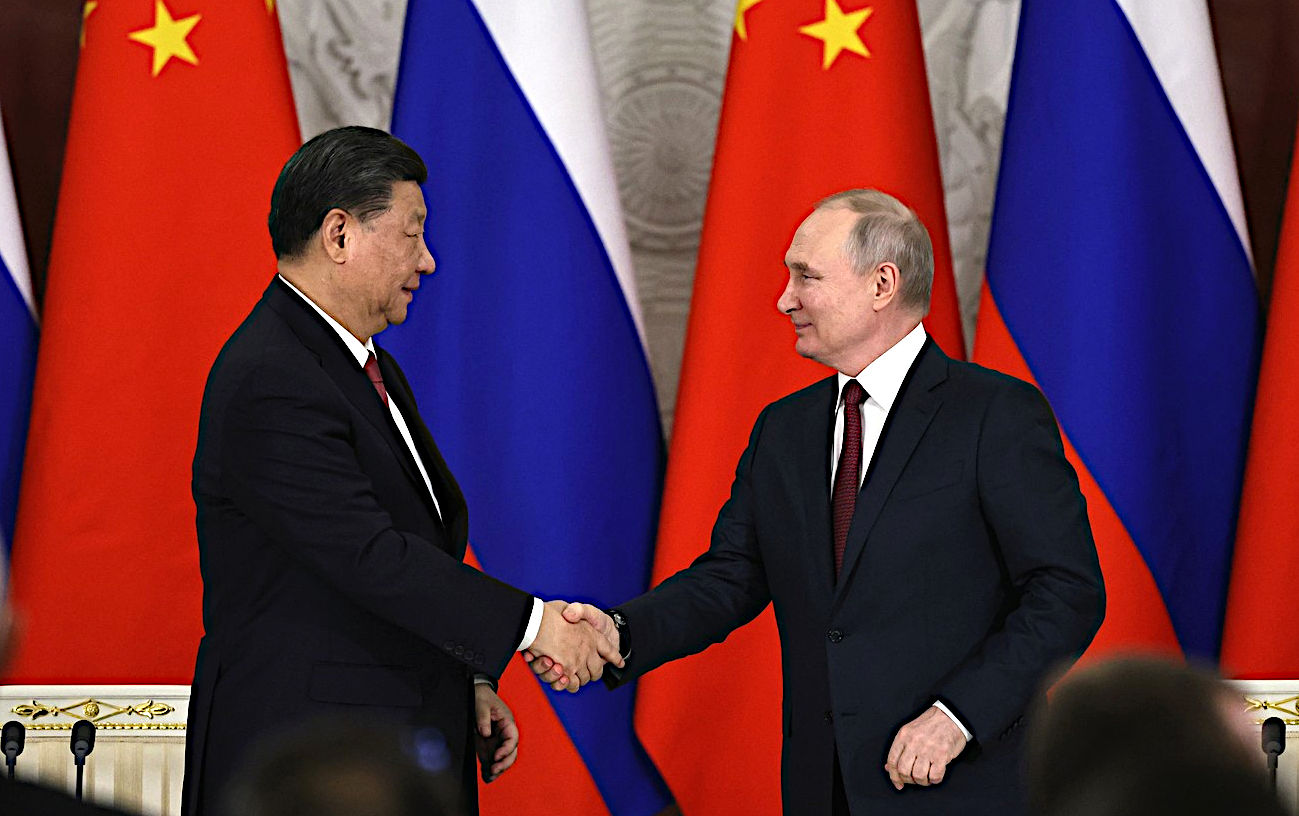
China
has a long established relationship with Russia, to include
satellites for space wars, apart from the import of cheap
fossil fuels, to underpin a massive building programme that
would end in tears, and bankruptcy. China has been lending
money to strategic projects such as port developments, all
over the world, as part of their expansion and export drive.
They have also invested in wind turbine generation to allow
for such loans.
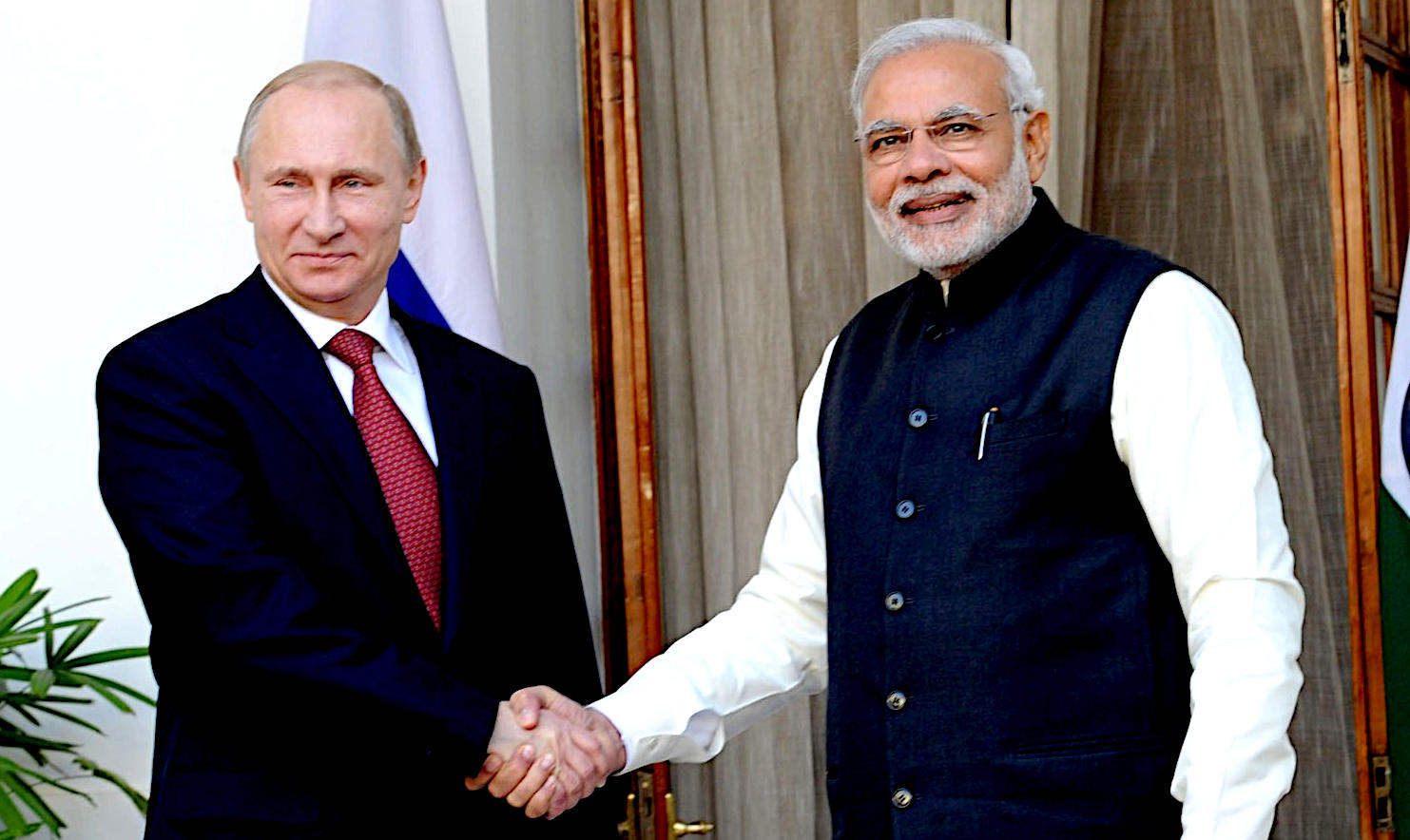
Vladimir
Putin and Narendra Modi, no doubt shaking hands on some
deal, one of which could have been the continued supply of
fossil fuels to underpin the rapid industrial expansion of
India's economy, nuclear navy and space program. Despite,
those exports financing Russia's invasion of Ukraine. Does
that make India an enemy and a risk?
Long-Term Survival:
- Food and water stockpiles: Having access to non-perishable
food and
water is crucial for long-term survival. Aim for a minimum of two weeks' supply per person, and ideally much longer if possible.
- Air filtration: Filtering the air you breathe is essential as radioactive dust can be present for weeks or months.
Consider purchasing HEPA filters or improvising filtration systems using available materials.
- Medical supplies: Maintaining a basic stock of first-aid and medical supplies is important to address potential
injuries and illnesses.
- Community and communication: Establishing communication channels and cooperating with others is crucial for
sharing resources, information, and emotional support.
It's crucial to emphasize that these measures are highly speculative and offer no guarantee of survival. The consequences
of a nuclear winter would be catastrophic, with widespread environmental damage,
food
shortages, and societal collapse.
Therefore, preventing nuclear war is the only truly effective way to avoid the horrors of nuclear winter. This necessitates
continued efforts towards diplomacy, non-proliferation, and risk reduction. Individuals can contribute by supporting organizations dedicated to
peace-building and global security and advocating for policies that promote dialogue and understanding between nations.
The war between
Russia and Ukraine has undoubtedly presented a complex situation for
NATO member nations, with potential implications for both climate change
and defence spending. Let's
take a look at some of the main points.
CLIMATE CHANGE
Increased Focus on Energy Security: The
war has exposed Europe's dependence on Russian energy sources,
particularly natural gas. This has sparked renewed efforts to diversify
energy supplies and accelerate the transition to renewable energy
sources. While this long-term shift could ultimately benefit climate
change mitigation, short-term solutions might involve increased reliance
on fossil fuels from other sources, potentially offsetting some of the
progress made on emissions reduction.
Potential Disruption of Climate Action: The war is diverting significant resources and attention from other pressing global issues, including
climate
change. This could disrupt international
cooperation on climate action initiatives and hinder progress towards
achieving emissions reduction targets.
DEFENCE SPENDING
Increased Defence Expenditure: The war
has heightened security concerns among NATO members, leading to calls
for increased defence spending. Many member states have committed to
raising their defence budgets to meet the alliance's target of spending
2% of GDP on defence. This shift in resources towards defence comes at
the expense of other budgetary priorities, potentially including
investments in climate change initiatives.
Potential Long-Term Impacts:
The war could have long-term consequences for NATO's strategic
direction. If the conflict persists or escalates, it may necessitate
continued high levels of defence spending, creating a persistent tension
between
security needs and climate action.
MEMBER
NATIONS PERSPECTIVES
Balancing Act: Member nations face the
challenge of balancing their response to the war with their commitments
to address climate change. This could involve seeking solutions that
address immediate security concerns while still promoting long-term
sustainability.
Diversity of Views:
There will likely be divergences in member states' perspectives on how
best to navigate this complex situation. Some countries might prioritize
immediate security needs, while others might emphasize the importance
of maintaining focus on climate action.
It is important to note that this is a rapidly
evolving situation, and the long-term consequences of the war for NATO
and climate change are still uncertain. However, the above points
highlight some of the potential challenges and opportunities that the
war presents for member nations.
It's also worth noting that some argue that increased defence spending can coexist with
climate
action.
Some propose investing in "green
defence" technologies to improve efficiency and minimize environmental
impact. Additionally, some believe that by addressing the root causes of
conflict, such as
poverty and resource scarcity, NATO can contribute to a more stable and
sustainable future.
Ultimately, how individual member nations and NATO as a whole
navigate this complex situation will depend on their evolving priorities and the trajectory of the war in
Ukraine.
Ukraine
represents the fight for freedom and the rights of every
human to live a full life, free from oppression.
https://www.nato.int/cps/en/natohq/news_223084.htm
https://www.nato.int/cps/en/natohq/news_223084.htm
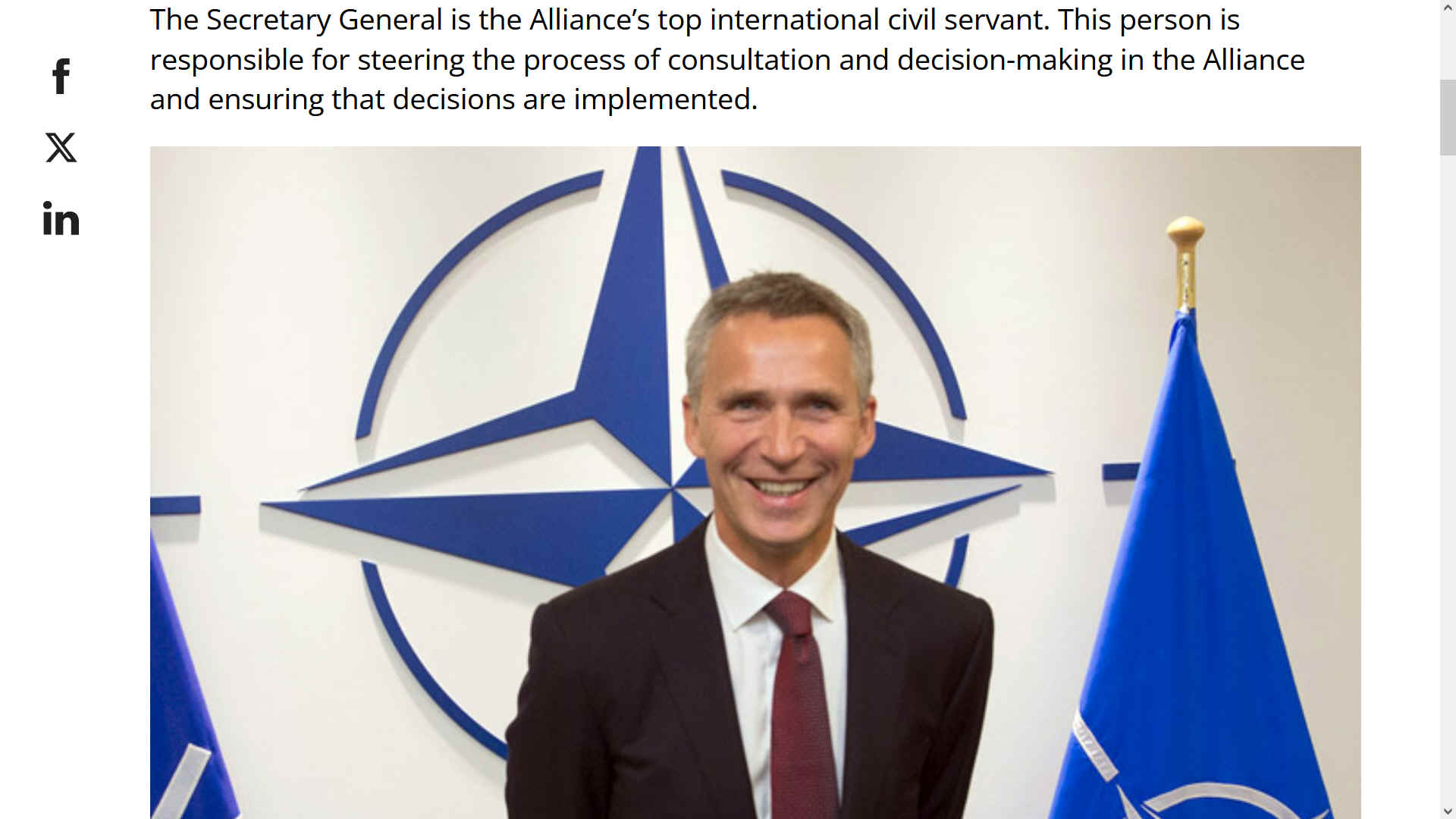
NATO
CONTACTS
At present, NATO has 31 member countries. These
countries, called NATO Allies, are sovereign states that come together
through NATO to discuss political and security issues and make
collective decisions by consensus.
NATO was created by 12 countries from Europe and North America
on 4 April 1949. Since then, 19 more countries have joined NATO through
nine rounds of enlargement (in 1952, 1955, 1982, 1999, 2004, 2009,
2017, 2020 and 2023). Article 10 of the North
Atlantic
Treaty sets out how countries can join the Alliance. It states that
membership is open to any "European State in a position to further the
principles of this Treaty and to contribute to the security of the North
Atlantic area".
Any decision to invite a country to join the Alliance is taken by the North
Atlantic Council, NATO's principal political decision-making body, on the basis of consensus among all Allies.
The Secretary General is the principal spokesperson
of the Alliance and represents the Alliance in public on behalf of the
member countries, reflecting their common positions on political issues.
The post is currently held by Jens Stoltenberg,
former Prime Minister of Norway, who took up his responsibilities on 1
October 2014.
https://www.nato.int/
https://www.nato.int/
